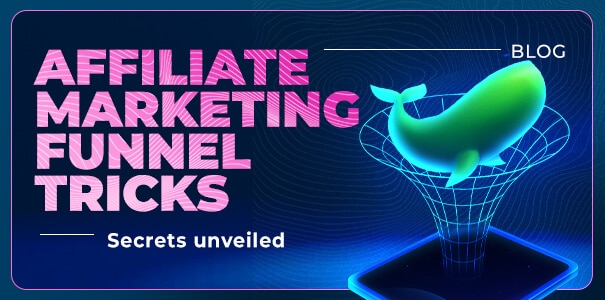
Like them or not, Internet giants like Facebook, Google, Amazon and Yahoo can teach us a lot about how to take control of a market. All of these sites are worth billions so learning from them could not only be useful, but also very profitable.
Let's take a look and see how they did it...
Build a flagship product, then expand your way around it
All the previously mentioned companies did the exact same thing to become Internet giants. They grew from a single successful product into something much, much bigger.
Facebook aimed at connecting students from different schools, it now counts over a billion users. That's roughly 15% of the world population and half of all Internet users.
Google wanted to improve the way we search for content, they now make maps, driverless cars, glasses and pretty soon, they’ll be making robots according to many.
Amazon? Yeah, they sold books. Now what? They make tablets, produce their own movies and TV programming, and they are even planning on delivering their books with drones.
Okay, you're probably not planning on building robots, and that's alright. But the point is, once you have built something right, something well targeted, that successfully fulfills a precise niche and brings you decent amounts of traffic: This opens the door to a whole new world, to a broader range of possibilities. Diversifying by creating relevant spin-off projects will help you in many ways.
Cross-promotion
That's probably the most obvious reason to build other products. Wikipedia is great example of cross-promotion at work (they don’t make money out of it, but that’s not the point).
Below the article, Wikipedia suggests that I take a look at their other portals to get related content. Who knows, maybe that 7312 word article about Google wasn’t enough for me and I’d like to read some quotes about it, or see some images? You always want to keep your visitor interested and engaged; this will give your visitor the opportunity to help continue generating traffic for you.
Reaching a bigger audience
That is also an easy deduction, your site X does not correspond to your audience's thirst for Y? Well, maybe that other site of yours will. This can help you reach more niches, languages, ages, etc.
Don't mix what doesn't mix
Some content blends in and mixes well, while some content just does not. Ask yourself this: If you were searching something specific, would you be happy to find an additional/alternative result right beside the original search query? If the answer is yes, then great! It mixes! If the answer is no, then no problem-- simply create a stand-alone product and cross-promote it.
Stay ahead, Internet giant style
Satya Nadella, Microsoft’s New CEO, said in a recent letter to all employees:
Our industry respects innovation, not tradition.
This is absolutely true. And this applies to the adult industry as well.
Anyone can be like everybody else. Make sure to think forward and try to move quicker than your competition.
Don’t sit on your success.
Remember Aol? MySpace? GeoCities? Me neither.
Traffic comes and goes. You have to feed it if you want to keep it.
Exceptions aside, Internet users do not really care from who or where the content is coming from. They just want what's best for them.
Cater to their needs and give it to them and they will love you. Stop giving it to them? Don't think they'll be patient and wait. They'll just go somewhere else that delivers to their needs.
Go big or go home
Although your goals might not be the same, these giants are great examples of Internet successes. Each of these sites have ruled their own kingdom first, and then they branched out and conquered other territories that they believed would allow them to continue to rule the roost. Aiming for this kind of success is the first step to reaching your larger, world-domination objectives.
Hey, sky's the limit, give your whale some wings!


